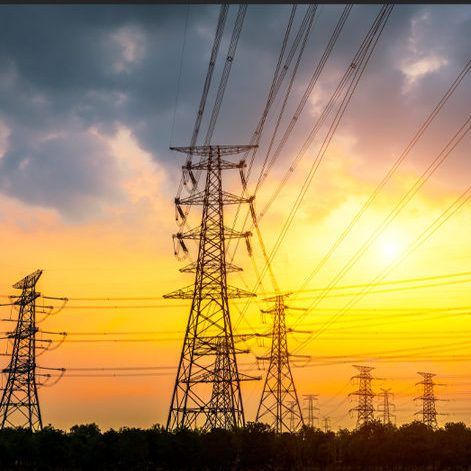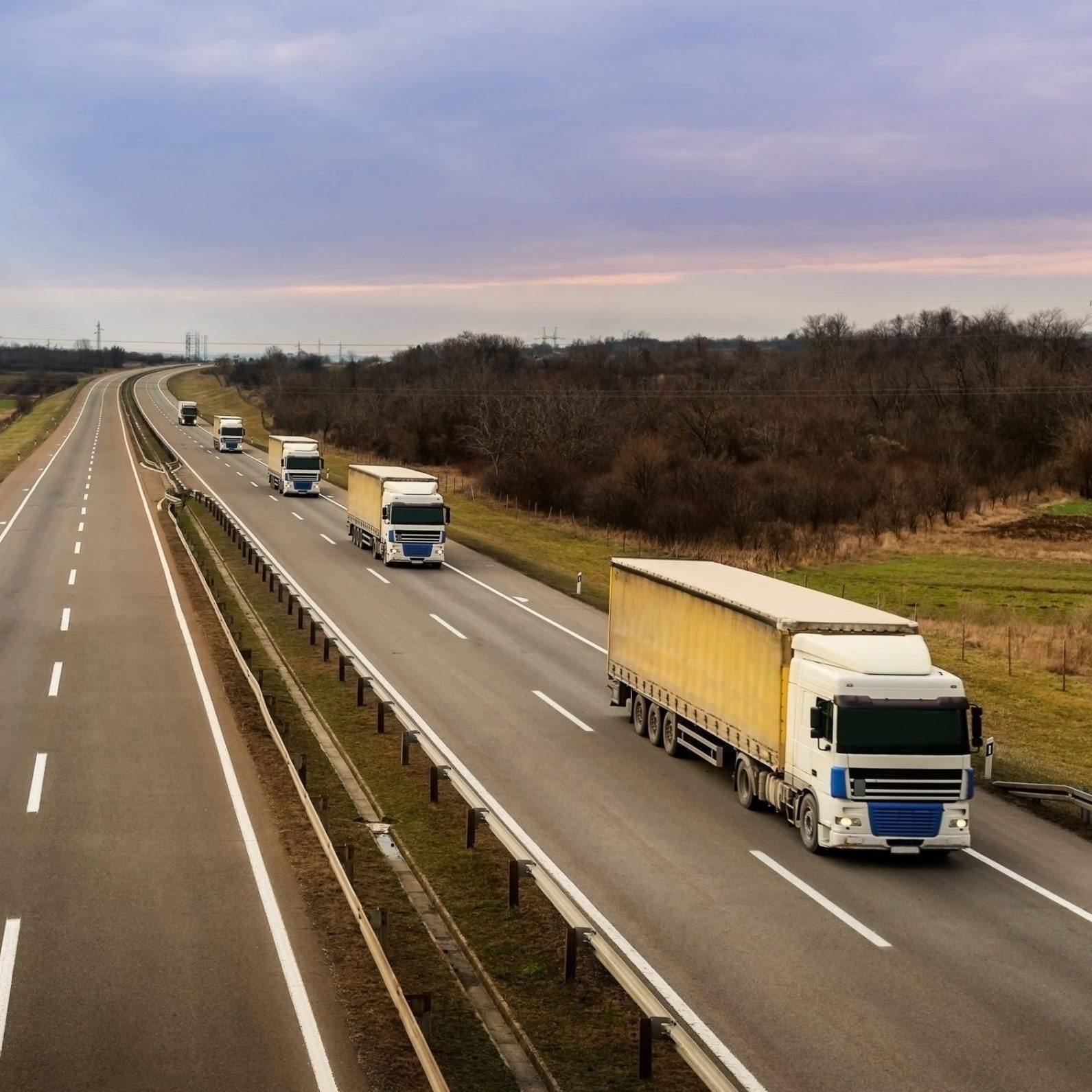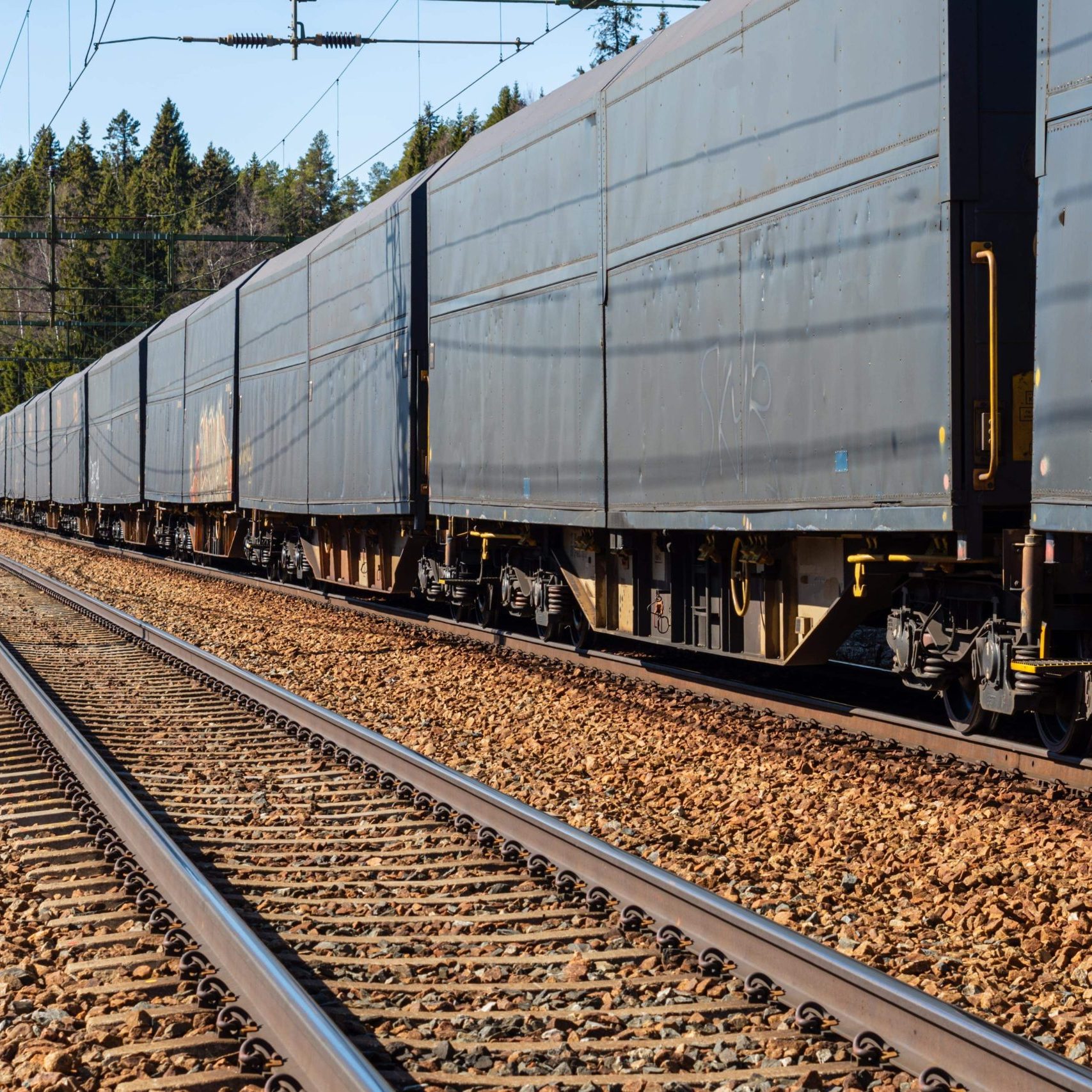
Air Transport
Kenya has three international airports namely Jomo Kenyatta International Airport (JKIA) in Nairobi, Moi International Airport in Mombasa and Eldoret International Airport in Eldoret. Nairobi is a popular East and Central Africa air traffic hub as it directly connects most major cities in this part of Africa with cities in Africa, Europe, Asia, Middle East and various Indian Ocean Islands. Under the LAPSSET Corridor Program, an additional 3 International Airports in Lamu, Isiolo, and Lake Turkana are set to be constructed.

Power
Power and Energy Kenya’s electricity supply comes from five hydroelectric power generating stations at dams constructed along the upper Tana River. The Government has set up the Geothermal Development Company (GDC) to undertake integrated development of geothermal power, currently Geothermal resources in Kenya are located within the Rift Valley with an estimated potential of between 7,000 MW to 10,000 MW spread over 14 prospective sites.

Road Transport
Kenya roads sector has undergone many changes over the past five decades and has reached arguably its most illustrious period yet. Kenya has a road network of about 177,800 km. Under the LAPSSET Corridor program, Inter-regional Highways from Lamu to Isiolo, Isiolo to Juba (South Sudan), Isiolo to Addis Ababa (Ethiopia), and Lamu to Garsen (Kenya) is being constructed.

Railways Transport
Chinese were contracted to construct a new Standard Gauge Railway connecting Mombasa and Nairobi, which was completed in June 2017. Construction are underway to continue the rail from Nairobi to Malaba, the internation.

Telecommunication
The ICT sector in Kenya has influenced global trends by pioneering products like mobile banking and mobile money transfer. The Government of Kenya is currently developing Konza City, an ICT and a financial services centre envisioned to be the most successful in Africa.